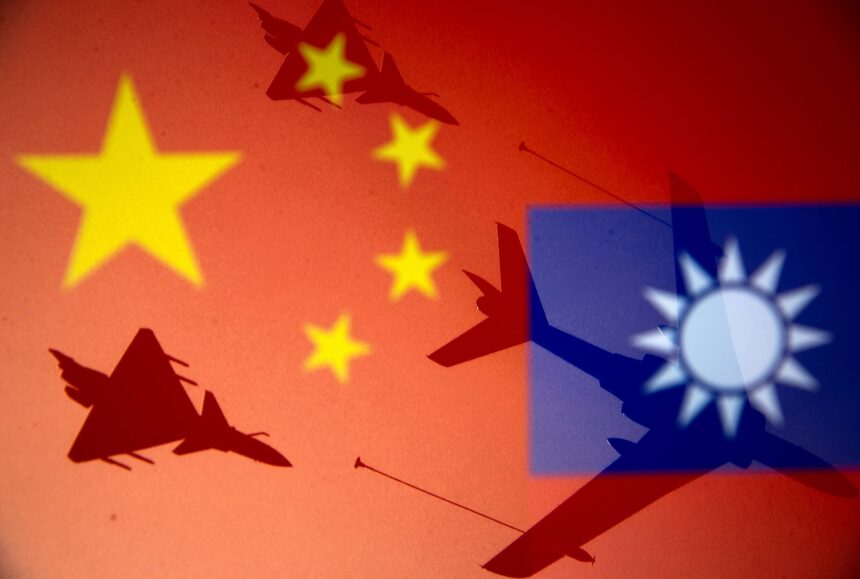“The is only one China in the world, and Taiwan is part of China,” declared China’s foreign minister, Wang Yi, at a news conference in Beijing on March 8th. That is not quite the way that Taiwan sees it.
At least, Taiwan does not accept that it is part of the People’s Republic of China, with its capital in Beijing.
So why then does America say it upholds a “one-China policy”? And why were Taiwanese officials relieved when Donald Trump, who had earlier challenged the “one China” notion, expressed support for it in a phone call with his Chinese counterpart, President Xi Jinping, in February?
It is hard to argue that Taiwan is an independent country. The island has its own democratically elected president. It has its laws and its armed forces. But its official name is the Republic of China (ROC).
It has a notional claim to the area now described as the People’s Republic. That is a legacy of the Chinese civil war, which resulted in the overthrow of the ROC by Mao Zedong in 1949.
Its defeated government fled to the Chinese province of Taiwan, where it continued to call itself the government of all of China. Since then, there have been, in effect, two Chinas, both claiming the same territory (unlike the People’s Republic, the ROC also includes Mongolia within its theoretical borders, but it treats it as a different country).
The government in Beijing, however, hates the idea of two Chinas. It upholds what it calls a “one-China principle”: it represents China alone, and Taiwan is part of that (Communist-run) China.
This presented a problem in the 1970s when America wanted to establish diplomatic ties with the People’s Republic and seek its help in the cold war against the Soviet Union. The Communists wanted America to accept its one-China principle.
Still, America did not want to turn its back entirely on capitalist Taiwan, which it had hitherto recognised as rightful China. So it devised a “one-China policy” to acknowledge that both sides of the Taiwan Strait recognised the existence of only one China (their own).
The policy did not clarify which side had the right to rule Taiwan. It was a carefully worded fudge, which the Communists accepted. As a result, America and the People’s Republic forged a relationship that eventually allowed China’s economy to boom (and others, including America and Taiwan, to benefit from that).
Many people in Taiwan are now sceptical about the one-China idea. They want the island to be separate from the mainland forever. But they are also fearful of provoking the Communists. China’s military power has grown enormously in recent years.
Suppose America were to abandon its one-China policy and acknowledge Taiwan’s independence. There is a considerable risk that Communist China would attack the island and that America, feeling obliged to defend it, would be dragged into a war.
Hence no government was sorry when Mr Trump decided to tell Mr Xi that America still believed in one China. Taiwan will only hope that the one-China in question is not just the People’s Republic.


